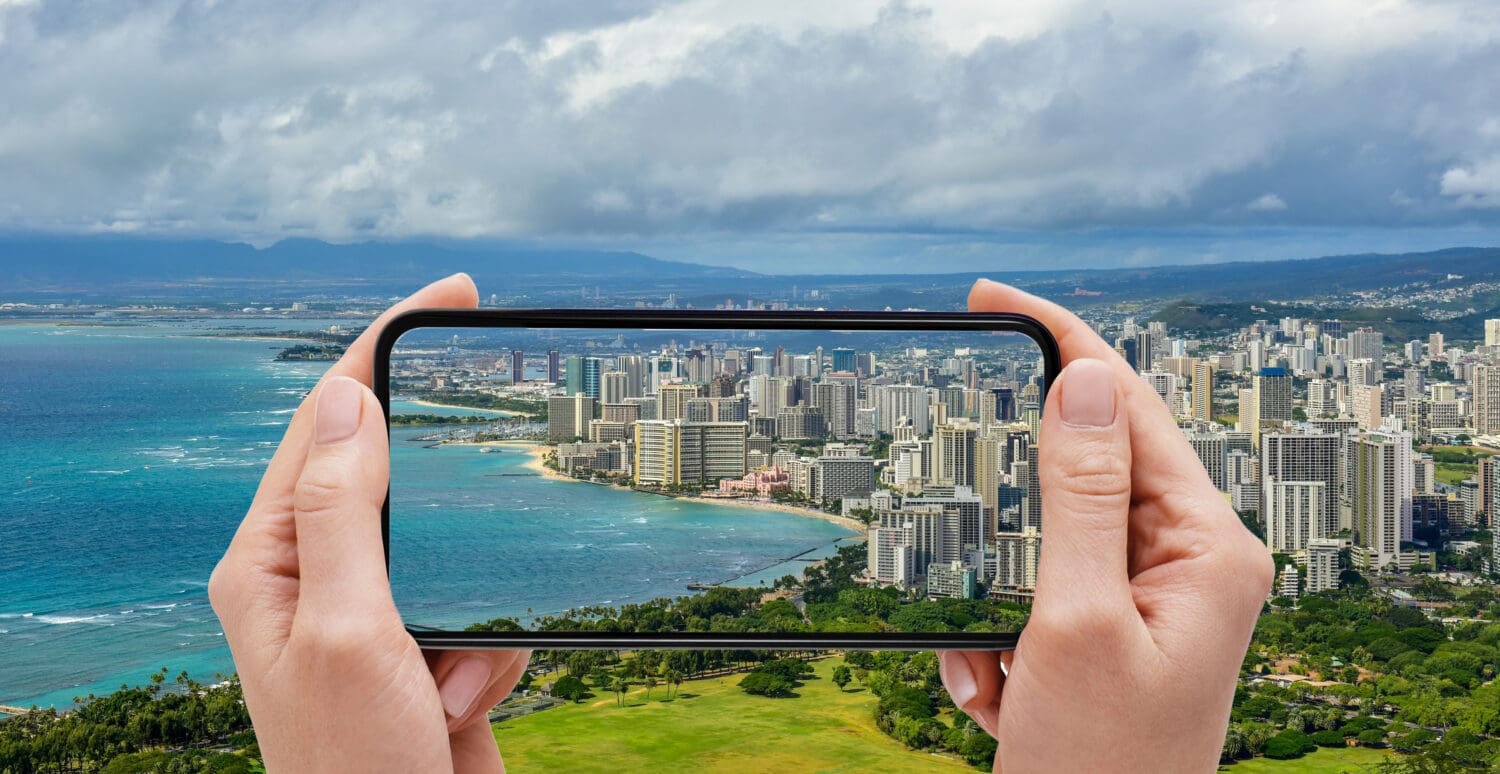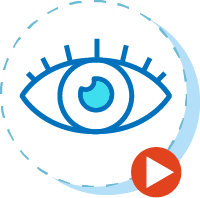One of the most important developments in cataract surgery over the last 30 years is intraocular lenses (IOLs). Immediately after the cataract is extracted, an IOL is implanted to help you see more clearly. In consultation with our surgeons, patients can select the IOL and focal aim that best meets their needs.
Patients can choose from a number of intraocular lenses to provide great vision for their individual lifestyle. Consider your lifestyle and what activities you do the most. What are your expectations after cataract surgery? You might like to be able to drive more confidently at night, read books comfortably, or participate in certain hobbies or activities. Dr. Jenkins and Dr. Peterson will make a personalized recommendation based on your activities of daily living and visual goals.






A cataract is the clouding of the eye’s natural lens. Symptoms of cataracts include blurry vision, dull colors, difficulty seeing at night, and glare.
Monofocal intraocular lens implants are focused for one distance. These implants provide clarity at distance or near. These lenses do not correct for astigmatism, so if you have astigmatism but opt not to get it corrected during cataract surgery, glasses may be desired after surgery for clarity. These lenses are usually covered by insurance.
Laser assisted astigmatism correction
- Astigmatism can be corrected one of two ways - with femtosecond laser cataract surgery or with a toric IOL. With either of these methods, astigmatism is corrected, and the vision is focused for one distance, either distance or near.
- Verion technology is used to precisely map your astigmatism and facilitate exceptional surgical precision during laser assisted cataract surgery.
- Insurance does not fully cover laser assisted cataract surgery.
Laser assisted multifocal and extended depth of focus lenses
- Multifocal (MF) and extended depth of focus (EDOF) implants are designed to provide clarity at all distances. These lenses aim to make you significantly less dependent on glasses after your surgery, as they correct for distance, intermediate, and near.
- At Jenkins Eye Care, we offer MF and EDOF options: PanOptix (MF) and Vivity (EDOF). The PanOptix offers the greatest range of vision, whereas the Vivity and Symfony lenses offer the best quality of vision.
- All of our multifocal lenses are also available in a toric design, correcting for astigmatism.
- Verion and ORA technologies are used with all multifocal lenses to precisely map your eye, make real time calculations in the operating room, and facilitate exceptional surgical precision during laser assisted cataract surgery.
- Insurance does not fully cover laser assisted multifocal and extended depth of focus cataract surgery.
*Results will vary for each patient and the above demonstration is for illustrative purposes only. Your surgeon will provide the best insights for your cataract surgery based on your individual case.

